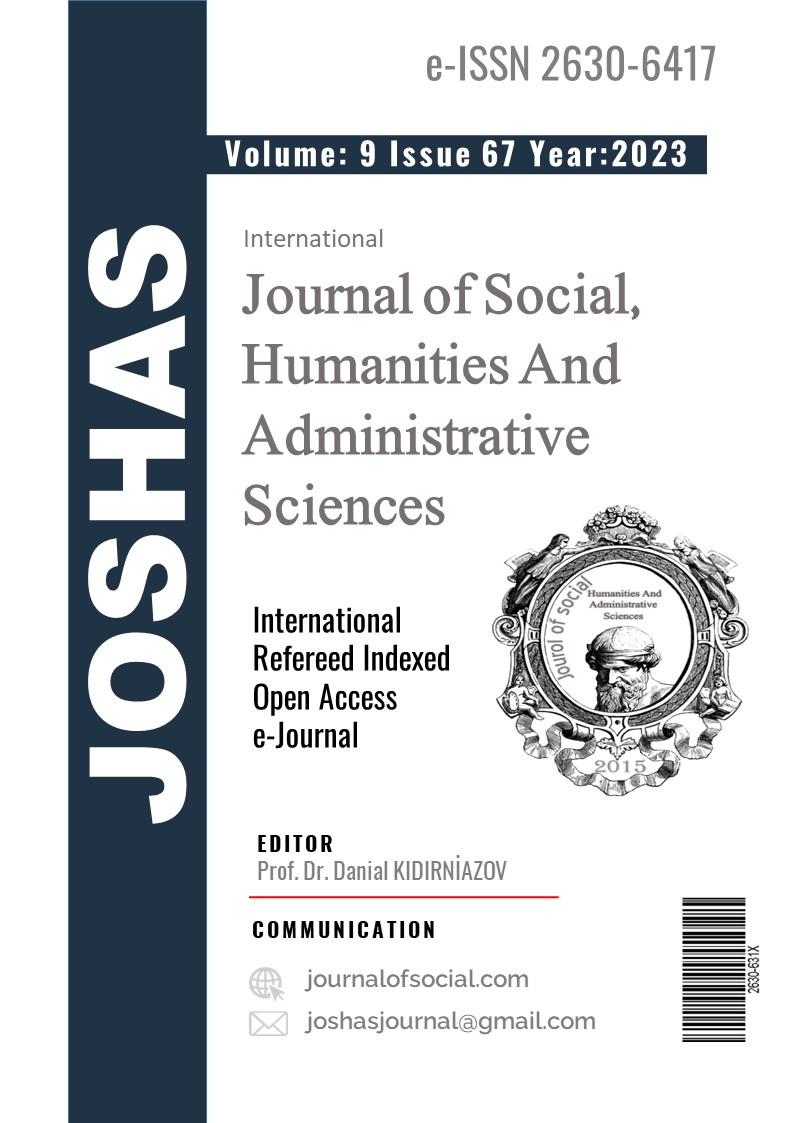Author :
Abstract
Günümüzde alkol bağımlılığının pek çok sağlık sorununa neden olduğu bilinmektedir. Bağımlılıklar arasında en yayın tür olan alkol bağımlılığında kişinin bırakma girişimi olduktan sonra aşerme durumu yaşayarak tekrar alkol kullanımının nüks etmesi sık görülen bir durumdur. Bu kapsamda aşerme durumu da çalışmaya dahil edilerek araştırmanın asıl amacı; alkol bağımlılığında nüksetmenin belirleyicileri olabileceği düşünülen öz yeterlilik ve aile ortamının ilişkisinin incelenmesidir.
Araştırmada ilişkisel tarama modeli kullanılmıştır. Çalışma grubu Türkiye’de farklı illerde bulunan Adsız Alkolikler (AA) grubuna üye kişilerce oluşturulmuştur. Araştırmanın örneklemini ise amaçsal örnekleme yöntemiyle seçilen Türkiye’de farklı illerde bulunan Adsız Alkolikler (AA) grubuna üye olan Aydınlatılmış Onam Formu ve Bilgilendirilmiş Onam Formunu doldurmayı ve araştırmaya katılmayı gönüllü olarak kabul eden 216 alkol bağımlısı birey oluşturmuştur. Veriler Google formlar aracılığı ile online olarak sosyo-demografik bilgi formu- Michigan Alkolizm Tarama Testi, Penn Alkol Aşerme Ölçeği, Genel Öz Yeterlik Ölçeği ve Aile Ortamı Ölçeği olmak üzere 5 ayrı bölümden oluşan ölçek formlarıyla toplanmıştır.
Araştırma sonucunda genel öz yeterliğin nüksetme ile yüksek düzeyde negatif bir ilişkisinin olduğu görülürken, aile ortamının beraberlik alt boyutunun nüksetme ile orta düzeyde negatif; denetim alt boyutunun ise nüksetme ile düşük düzeyde negatif bir ilişkisinin olduğu ve aile ortamından beraberlik ve denetim alt boyutunun hem de öz yeterliliğin kişilerin tekrar alkol kullanımının nüksetmesi üzerinde anlamlı bir etkisinin olduğu bulunmuştur. Buna göre alkol bağımlılığında nüksetmesinin önlenebilmesi adına kişilerin öz yeterliklerini artırmaya yönelik faaliyetler düzenlenmesinin ve bu sürece aile üyelerinin de dahil edilmesinin faydalı olabileceği düşünülmektedir.
Keywords
Abstract
Today, it is known that alcohol addiction causes many health problems. In alcohol addiction, which is the most common type of addiction, it is common for a person to experience craving and re-use alcohol after an attempt to quit. In this context, craving is also included in the study and the main purpose of the research is; The aim of this study is to examine the relationship between self-efficacy and family environment, which are thought to be the determinants of relapse in alcohol dependence.
Relational screening model was used in the research. The working group was formed by members of Alcoholics Anonymous (AA) group in different provinces in Turkey. The sample of the study, on the other hand, consisted of 216 alcohol dependent individuals who were members of Alcoholics Anonymous (AA) group in different provinces in Turkey, selected by purposive sampling method, and voluntarily agreed to fill in the Informed Consent Form and Informed Consent Form and participate in the research. Data were collected online via Google forms with socio-demographic information form-Michigan Alcoholism Screening Test, Penn Alcohol Craving Scale, General Self-Efficacy Scale and Family Environment Scale.
As a result of the research, it was seen that general self-efficacy had a high negative relationship with relapse, while the sub-dimension of togetherness of family environment was moderately negative with relapse; On the other hand, it was found that the sub-dimension of control had a low negative relationship with relapse, and the sub-dimension of togetherness from the family environment and supervision, as well as self-efficacy had a significant effect on relapse of alcohol use. Accordingly, in order to prevent relapse in alcohol dependence, it is thought that it may be beneficial to organize activities to increase the self-efficacy of individuals and to include family members in this process.
